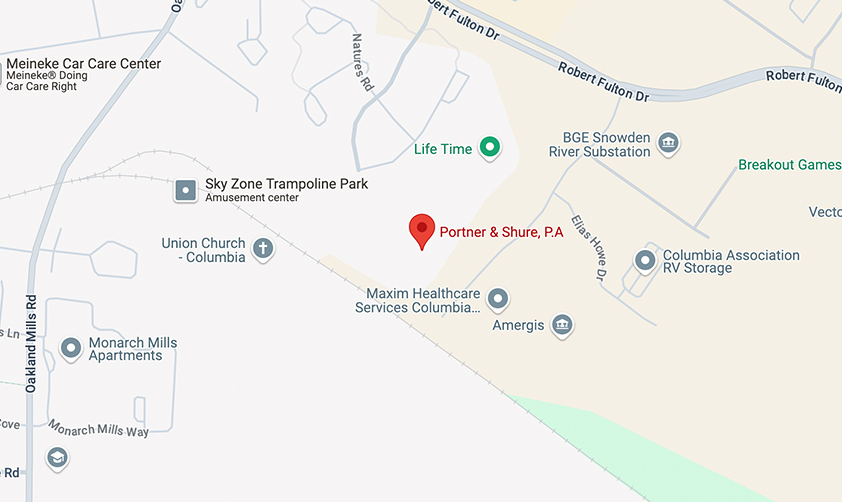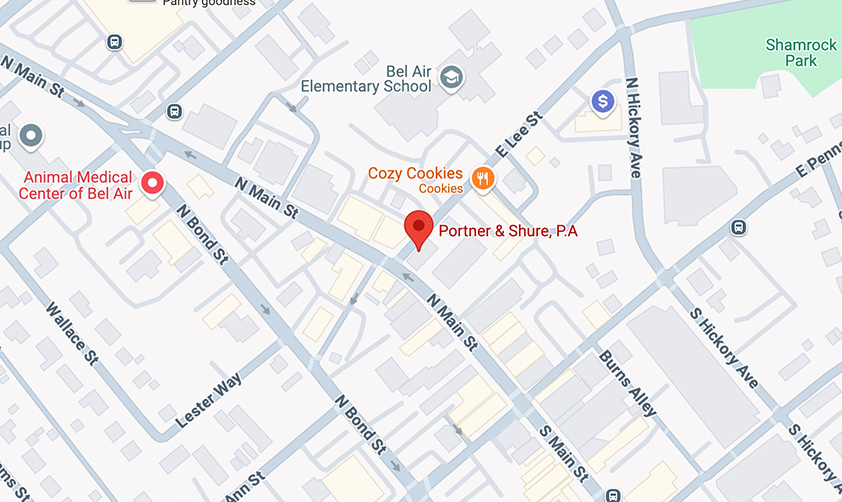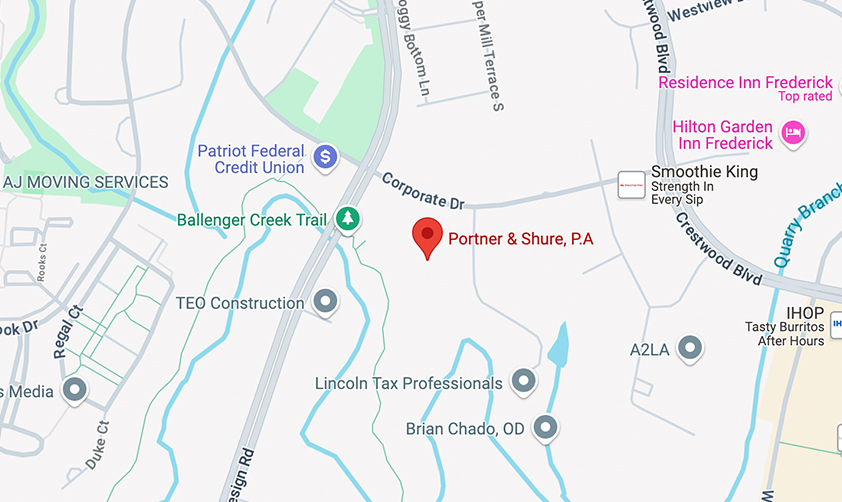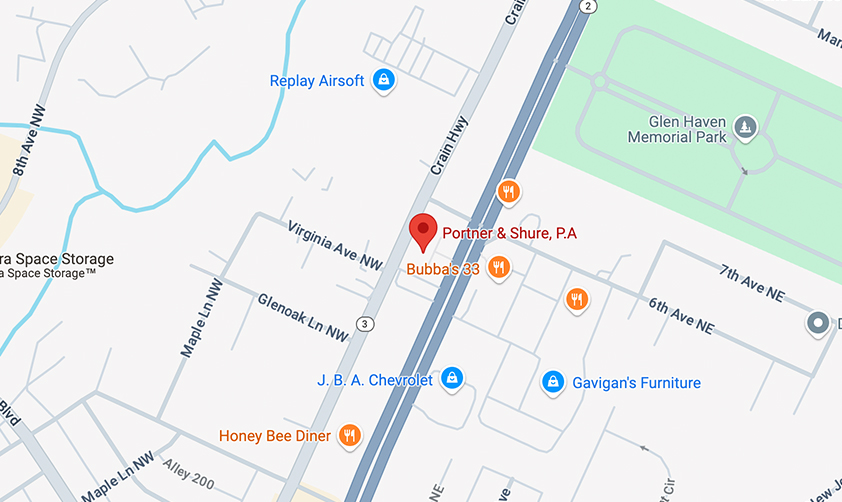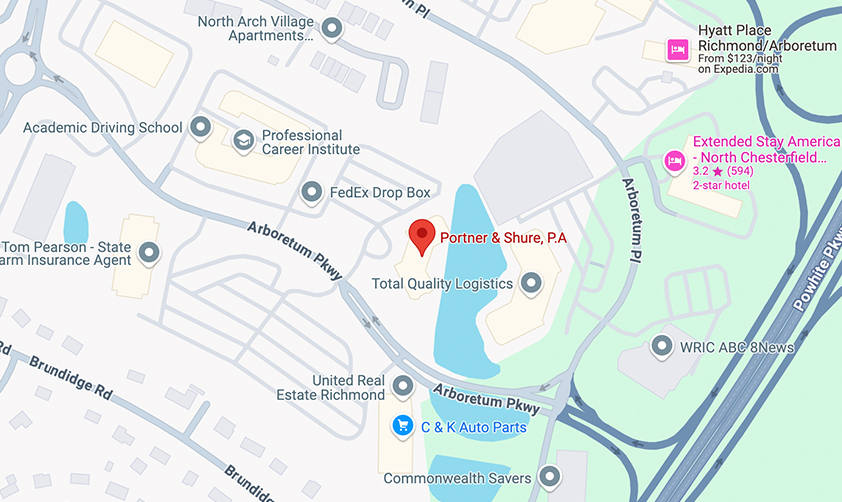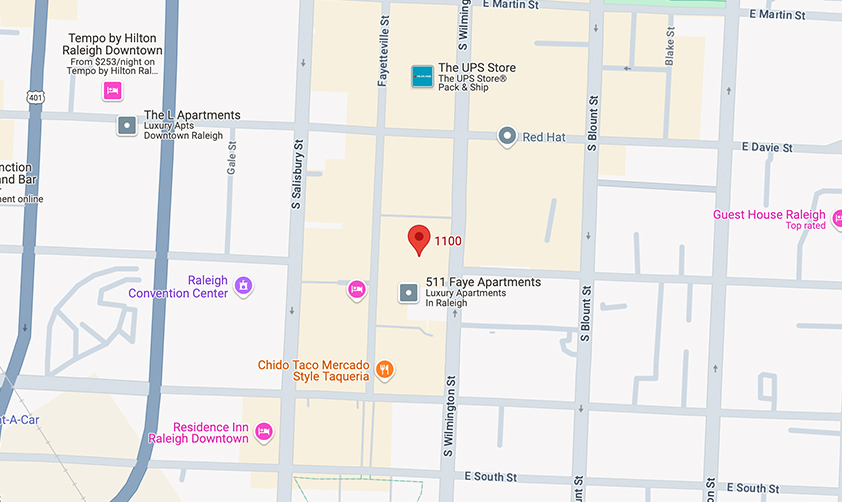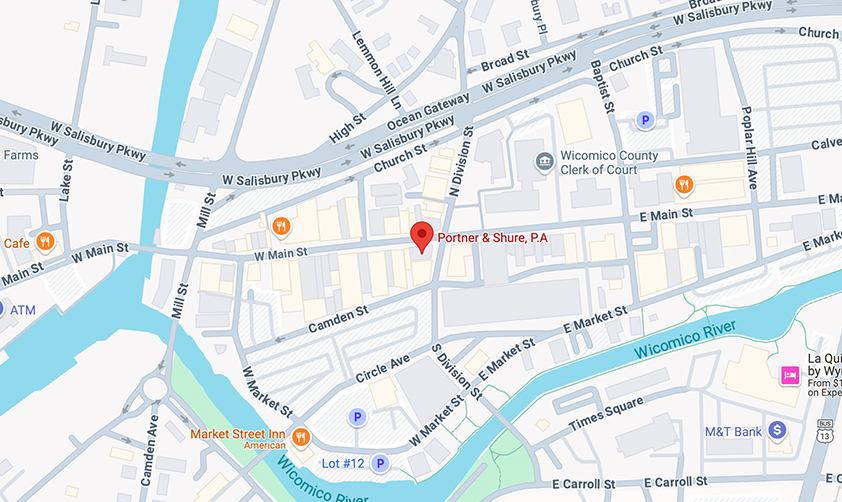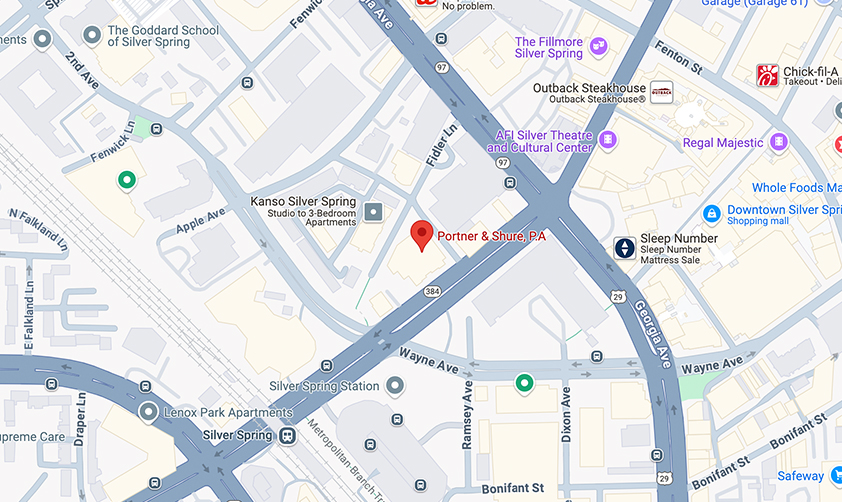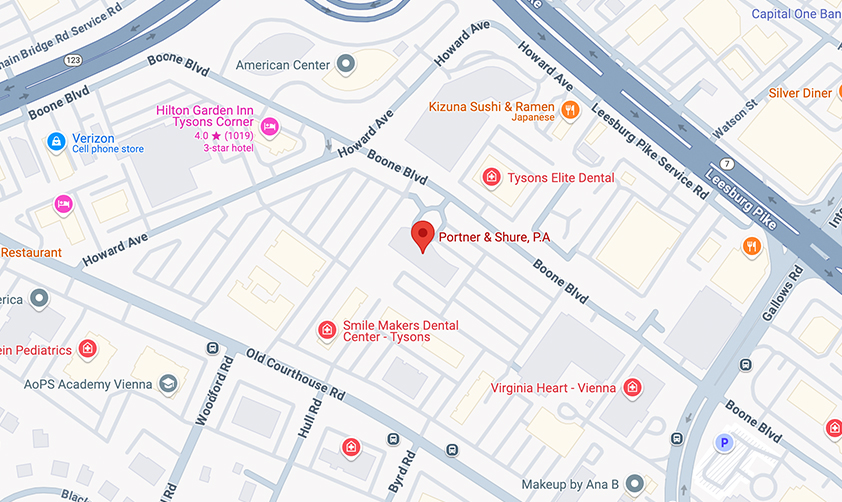Available 24/7 Free Consultation
(410) 995-1515Attorney’s fees in workers' compensation claims are governed by state law. In other words, an attorney does not get to choose how much they get paid. Attorney’s fees are paid out at the time of permanency award or settlement. The only exception to this is if your claim is heard before the WCC on an issue of temporary total benefits (TTD) in which case attorneys fees' are also awarded by the WCC. There is no direct out of pocket expense for you.
If you were working at the time of your automobile accident you actually have three insurance claims to make for your injuries under Maryland law. The accident claims that should be made include PIP, third party liability, and workers' compensation.
Top Maryland accident lawyers are aware that the PIP claim should be filed and processed before the workers' compensation claim. Maryland law states that the PIP carrier has no right of subrogation against any third-party recovery. See Maryland Code, Insurance Article §19-507(d). As a result, if the PIP claim is processed first the injured party does not have to pay back the PIP benefits. On the other hand, the workers' compensation carrier has subrogation rights. See Maryland Code, Labor, and Employment Article §9-902(e) and §9-902(f).
Attorneys not familiar with this area of law may process the bills under workers' compensation first. This is a disaster. Not only will this give the comp carrier a lien on the automobile claim, it gives the PIP carrier a set off for the workers' compensation benefits paid. See Maryland Code Insurance Article §19-513(e).
When you are at Maximum Medical Improvement (MMI) you can be examined by a physician who is qualified to provide a rating as to the amount of permanent partial disability that your injuries have caused. Not every doctor is familiar with the AMA Guidelines and is therefore unfamiliar as to how to provide such a rating. The rating is one of the most important aspects of your claim so a physician should be chosen wisely.
A Functional Capacity Evaluation (FCE) is a series of tests designed to measure physical strength, ''range of motion',' stamina, and tolerance to functional activities, including lifting and carrying. These tests can be used to evaluate work tolerance, and the necessity for work restrictions. Related terms include "Physical Capacities Evaluation" (PCE), "Functional Capacity Assessment" (FCA) or "Work Capacity Evaluation."
An evaluator skilled in Functional Capacity Evaluation will use a battery of standardized tests designed around key factors that include diagnosis, impairment, pain and functional limitation, referral questions, and, in some instances, the case resolution goal. The FCE's value to the injured individual is the focus on functional ability instead of the pain limitation associated with an impairment. Functional Capacity Evaluation is not only a useful clinical tool, but a baseline for industry-standard results that clearly define an individual's transition from injury to employment, and from disability to deployment. Therefore the evaluator should only use tests that have to do with the specific individual's diagnosis and return-to-work goals or job demands.
Commonly used tests include activities like treadmill or step exercises, grip testing, dexterity tests, range of motion tests, as well as questionnaires. This list is not exhaustive and there are other tests as well.
In a vocational rehabilitation setting the results of Functional Capacity Evaluation are typically used to develop return-to-work plans, as the basis of an offer of alternative employment, or as the foundation for a feasibility development plan (work-focused rehabilitation); results are a sound framework for developing a Temporary Alternative Duty plan.
The Workers' Compensation Commission (WCC) is the agency that oversees all workers' compensation claims. There is a panel of commissioners that are appointed to serve and address any outstanding issues between parties. Currently, on the bench in Maryland, there are 10 commissioners on the bench. They are R. Karl Aumann, Patricia G. Adams, Jeffrey C. Herwig, Kenneth G. Macleay, Cynthia Miraglia, Maureen Quinn, Lauren Sfekas, Kimberly S. Ward, John R. Webster, Jr., Jeffrey T. Weinberg.
You are. The injured party has the responsibility of making sure their claim is filed with the Workers' Compensation Commission. Some insurance carriers will assist with this process but are not required to.
Our office receives calls every day from injured workers who are interested in suing their employers. Not many people understand why, in the State of Maryland, an employer cannot be sued as the result of an on the job injury caused by negligence. We are going to explain to you why you cannot sue your employer in the State of Maryland when an accidental injury or occupational disease occurs.
Employers in the State of Maryland are protected by a statute called "statutory immunity" which says that, in exchange for the receipt of workers' compensation, the injured worker is deemed to have given up his or her common law right to sue the employer for negligence and damages for injuries covered by the statute. This statute was made to justify the requirement of employers to pay for workers' compensation regardless of fault.
However, most states still retain the right of the injured worker, or his or her representative, to sue an outsider (a person or company other than the employer) for negligence. Tort theory of liability, such as medical malpractice or product liability, is also permitted in the State of Maryland. These cases are often referred to as "third-party claims."


Expect More with
Portner & Shure
The legal system can be intimidating, but you deserve more. Expect more guidance, more dedication, and more results from our experienced trial attorneys every step of the way.


